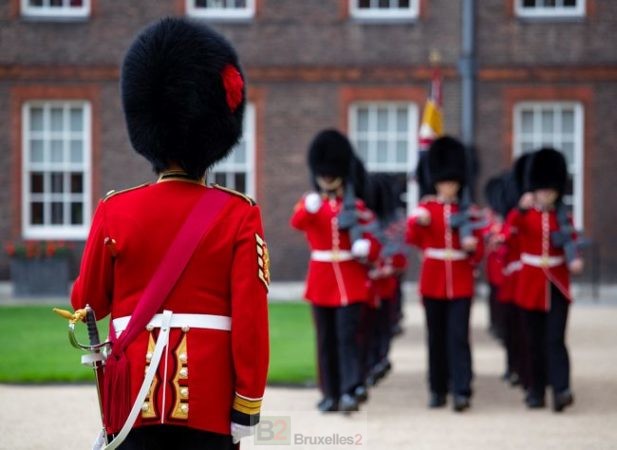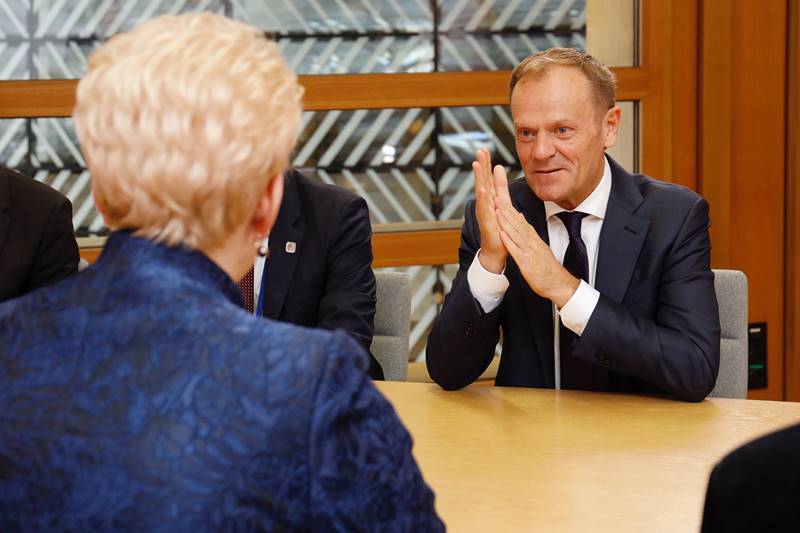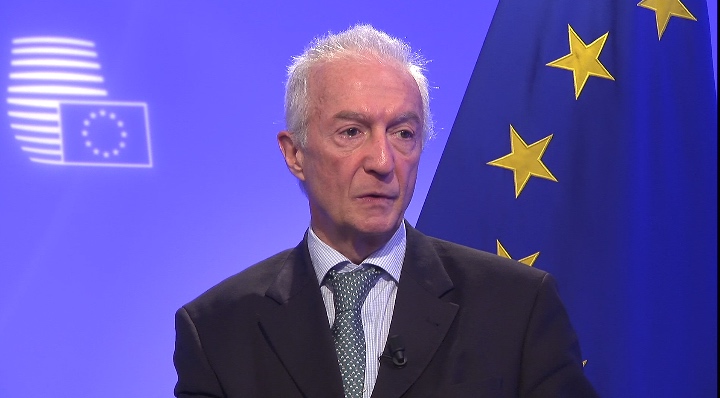The United Kingdom, first defense budget in Europe? True or false
(B2) The United Kingdom, which for many years has been the country spending the most on defense in Europe, is on the verge of losing its first place...

A very symbolic but also very political question. The whole British argument indeed, especially during Brexit, has been to give the leading role in terms of European security to the United Kingdom... With a ringing and stumbling argument: the British defense budget is the first in the class European. A statement that is no longer accurate.
Over the exchange rate
In fact, everything depends on the Pound Sterling/Euro exchange rate. Thus, with a rate of 1,15 (like last week), the United Kingdom remains in first place in the European ranking of defense budgets, whether we take the budgets planned for 2018/20 19 (37,8 billion £) or for 2019/2020 (£38,8 billion).
At a rate of 1,12 – like at the start of this week with the fall of the pound and the vagaries of local Brexit politics – the British budget is falling behind the German budget. Germany should indeed dramatically increase its defense budget for 2019 (fruits of growth requires) and increase to 43,2 billion euros, according to the latest version of the finance bill voted by the Bundestag (1).
If the exchange rate goes up, the British budget will come back ahead. But this time at the top of the class is counted.
A gradual catch-up
Whatever the exchange rate or the annual changes, there is indeed a basic trend. Germany is in the process of catching up, at least in budgetary terms, with its defense effort. The German budget has already moved into second place, relegating France to third place (35,8 billion for 2019). In 2020 or 2021, either in a short period of time at the strategic level – the German budget should move to first place, relegating the United Kingdom to second place… This for certain years.
A very short-term strategic development
In terms of growth, the good health of Germany's budget, and the commitments of its political leaders, we can predict that the increase in the German budget will continue. This is a significant strategic shift...at least in terms of finance, equipment capabilities, industries, or research (2). On Brexit Day, March 29, even if the two events are not linked, it will be for the United Kingdom a certain slap in the face of what is (rightly) a national pride.
(Nicolas Gros-Verheyde)
- The very specific UK budget period runs from April to March, unlike the current annual budget periods on the continent. Which complicates the rankings. To be able to compare the two budgets fairly, we have operated a small rule of three, with an equalization smoothing the British budget over an annual period. Which gives £38,55 billion for 2019.
- The effectiveness of armies obeys data other than those of mathematics. And German historical and constitutional constraints will always mean that the army will not be Germany's primary political instrument, unlike what is happening in France and Great Britain. The French and British armies will therefore remain in the lead in terms of operational and expeditionary dynamics.



The amount of the budget makes it possible to summarily classify European defenses but not necessarily to make precise comparisons. With a lower budget for years, France has demonstrated a much superior military power, whether through the spectrum and volume of its capabilities, its global presence or its results in operations. It is today, without question, the leading military power in Europe.
The superiority of the British defense budget only proves one thing: that the United Kingdom has the most expensive defense in Europe.
At purchasing power parity (the economies of the two countries are very comparable) we can find several explanations for this paradoxical performance gap in the respective defense budgets:
– the United Kingdom has not finished re-capitalizing its defense after the exhaustion suffered in the past decade (Afghanistan, Iraq): wear and tear on equipment, loss of human capital, overinvestment in operational emergencies at the expense of the preparation of the medium and long term future;
– the salaries of British soldiers are significantly higher than those of their French counterparts (about double for officers);
– the British apply a doctrine (not to say a dogma) of industrial subcontracting, which is more comfortable in the short term because it limits the investment peaks required for heritage acquisitions but increases the costs in the long term, where the French people have a more conservative approach to this economic model and are more willing to assess its advisability on a case-by-case basis. The respective MRTT programs are eloquent in this respect: for the same A330 aircraft, the United Kingdom inflicted on itself a ruinous PPP (Phenix) for decades, while France launched itself with fanfare for a good decade;
– better control of costs in armament programs in France, particularly visible on combat aircraft (Rafale against Eurofighter and F-35) or MRTT tankers (British PPP for 14 A330 Voyagers, at the cost of an hour of ruinous flight in order to remunerate the private investors involved, against 15 A330 Phénix acquired by France as heritage), with the consequence of structural differences on the mass of acquisition and implementation costs (lower performance in the conduct of programs can itself be explained by a loss of technical skills and a greater dependence on its manufacturers, to whom the British State has subcontracted the expertise).